“All humans have these two basic needs, and that is we want to belong–we want to be accepted and valued–but we also want to be unique, which means we want to be our full selves,” said Stefanie Johnson, author of the new book Inclusify: The Power of Uniqueness and Belonging to Build Innovative Teams. “Those core things, that are part of your identity. You don’t want to have to hide or mask at work.”
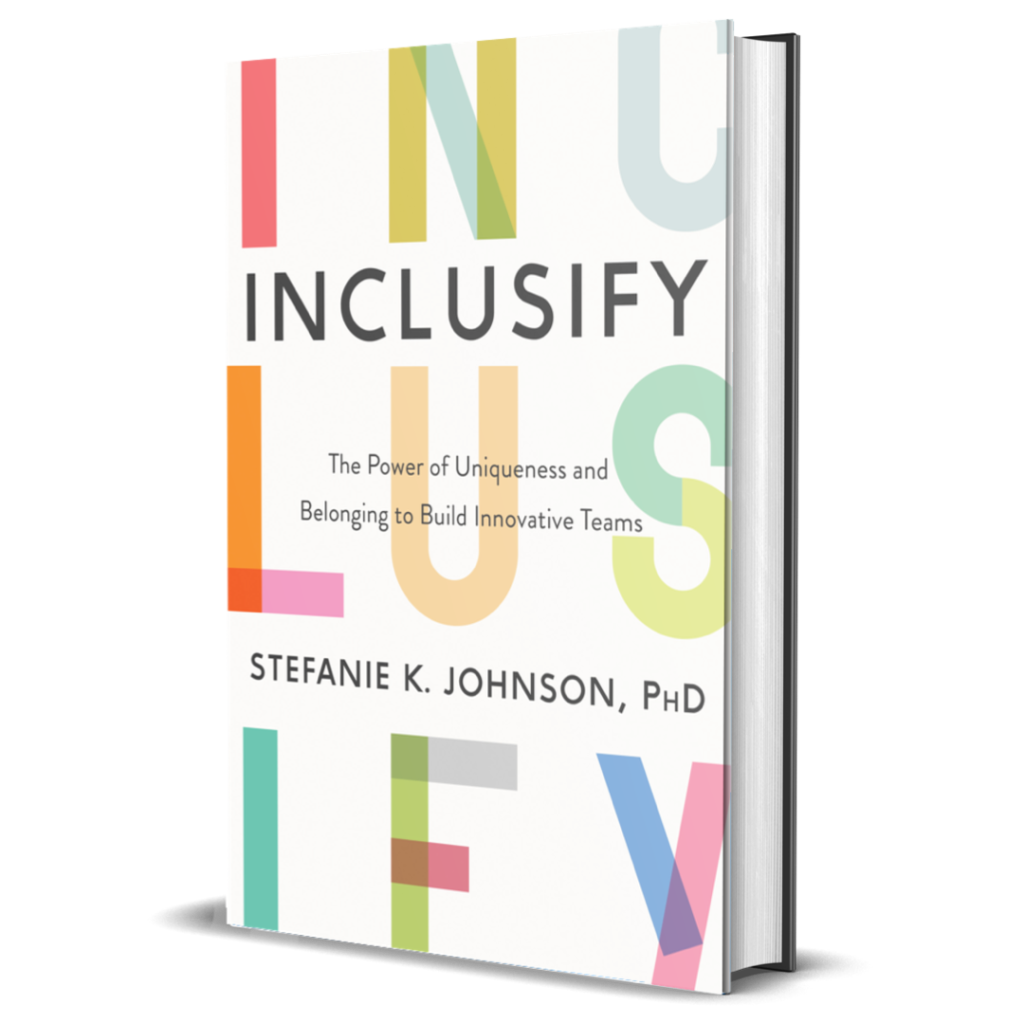
These dueling truths aren’t easy to accommodate, but leaders willing to take risks and create an environment for sometimes-uncomfortable conversations will reap the rewards of a more creative workforce, said Johnson.
“It’s easy to have everyone belong when you’re all the same, or it’s easy to all be yourselves when you don’t care about creating a cohesive team,” Johnson said, “but the magic is really in finding a way as a leader to allow people to belong, but as their true, best self.”
For the employee, this can begin at the very start of the hiring process. Johnson suggested that corporate leaders rethink their recruiting approach.
Many well-meaning leaders and their HR staff might declare the goal of hiring simply “the best person” for the job and strip away concern over race or gender in the process, Johnson observed. But the leaders doing the hiring might be better served by parsing through their criteria, examining it on a more granular level, while being mindful of inherent bias within each of those prerequisites.
“Probably the biggest thing that I’ve done that has changed people’s mindset is showing them who they would end up with if they selected based on totally anonymized résumés–or just based on whatever it is that they define as merit–and then comparing that to the people that they actually chose,” Johnson said. “And then when there’s this huge disparity–and there usually is–it kind of shocks people into the reality that maybe they were unwittingly using criteria that are not at all meritocratic, like similarity bias.”
Dishman noted that many from “majority groups” and people with privilege seem to wonder why more progress doesn’t come from bottom-up initiatives–as if it’s easy for underserved, undervalued populaces to “rise up” and “take action” to achieve equality. “Why would that argument not work?” Dishman asked Johnson.
Citing the “Lean In” initiative, which began seven years ago, Johnson said, “We’ve seen the research since then that when women lean in, and they try to be just as aggressive and negotiate just as hard [as men], then they’re actually viewed negatively because they’re violating their gender roles.”
Walking the line between “competent” and “likable” is not only challenging but something women shouldn’t have to endure in the first place. “So I think that just shows that ‘just try harder’ doesn’t work,” Johnson said.
She added that, in the case of racial injustice, society has set up “huge systemic barriers” that also make the “just try harder” outlook ineffective at providing people of color greater access to vital resources, such as money and education.
Johnson said corporate leaders should be actively hiring from diverse populations and, as part of the hiring process and beyond, asking them what they want to achieve and how they want to contribute. Leaders should follow up with constructed plans for accomplishing those goals and making sure diverse workers are considered for the crucial career-development steps: high-profile tasks, projects and positions.
Inclusion is telegraphed on the job in sometimes subtle ways. For example, leaders should also be on the lookout in meetings for behavior that robs workers of feeling that they’re included, such as not being on the receiving end of eye contact, not being given the chance to speak, being spoken over, or having their ideas co-opted by someone else without the originator receiving proper credit.
Johnson said that other team members not necessarily in positions of power should also do their part, noticing those same behaviors, and changing their own.
“The world, the workplace, everything has been torn down by COVID,” Johnson said. “We’re all doing things differently, and I think this is our opportunity to rebuild it in a way that’s more inclusive, more equitable, and just more effective.”

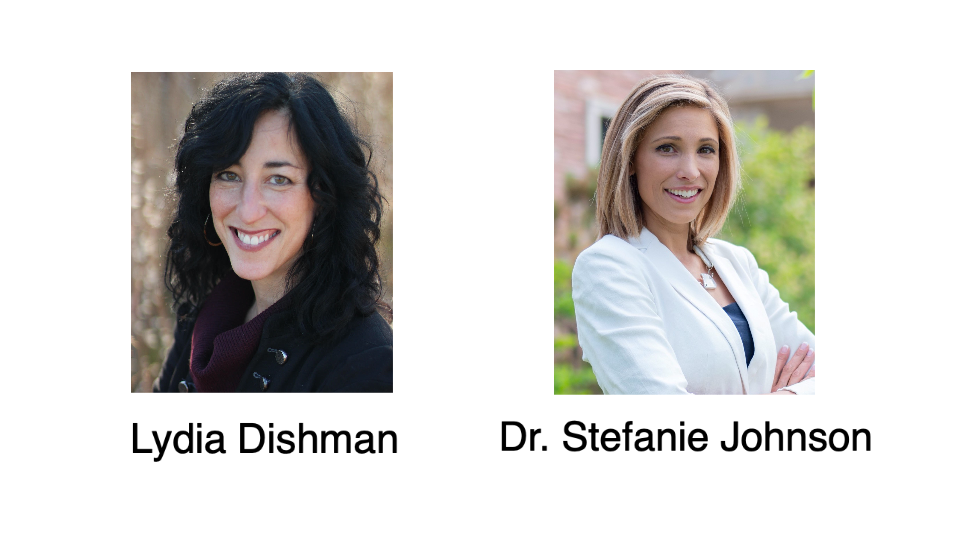
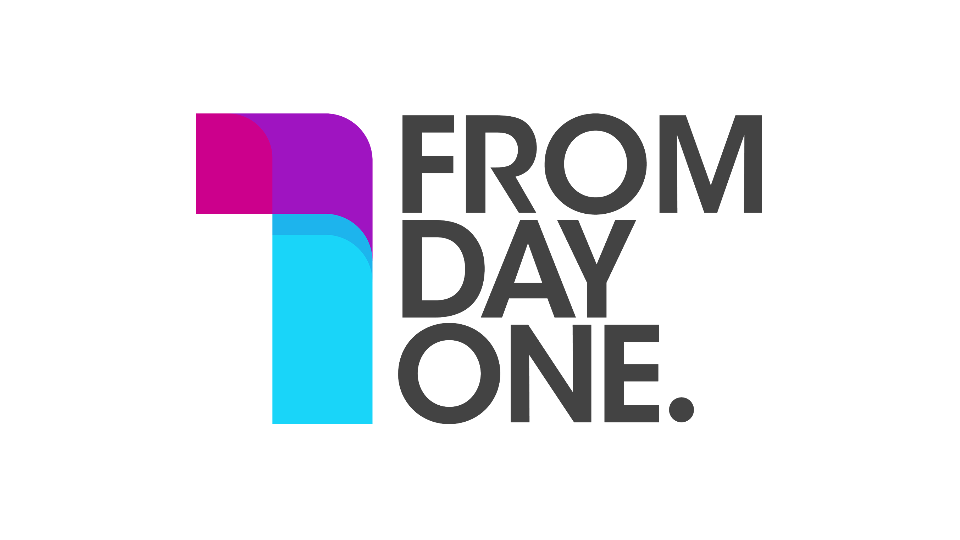
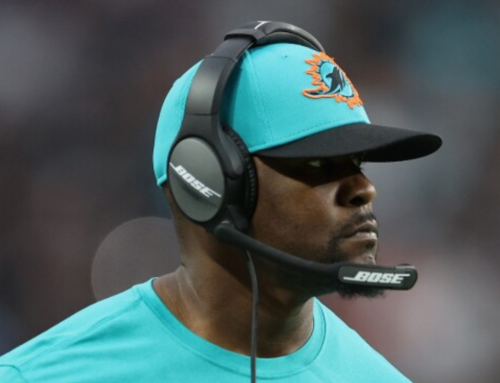
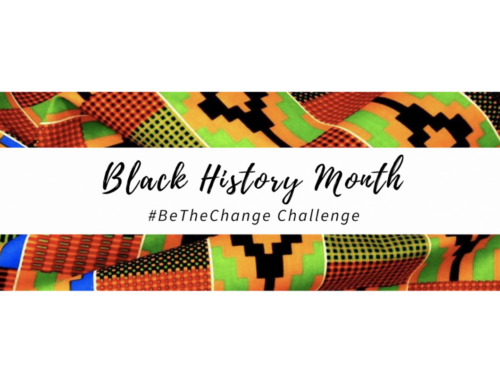






Leave A Comment